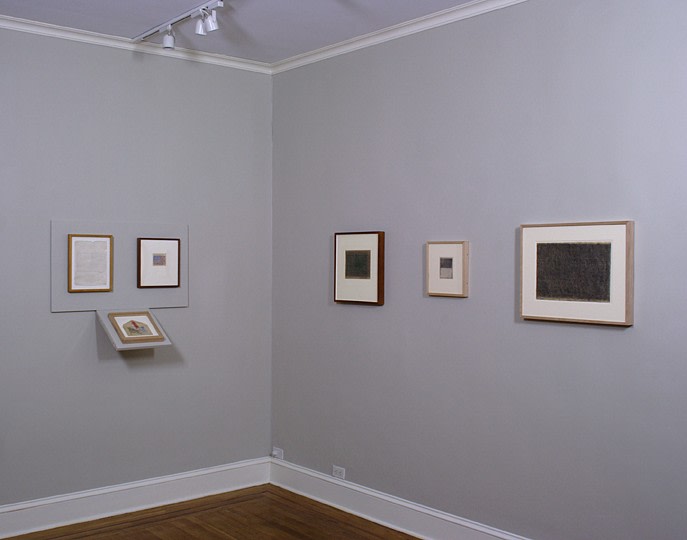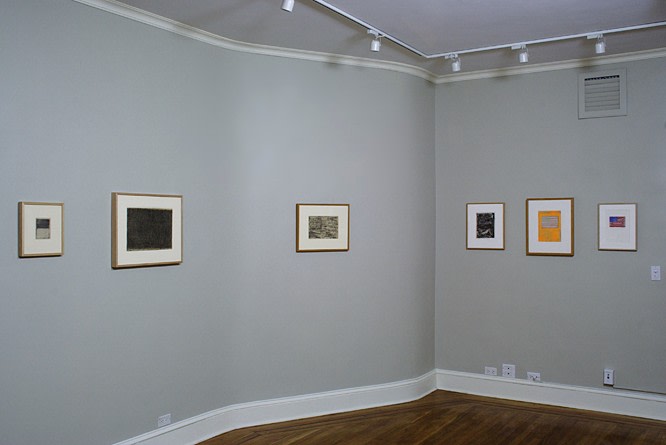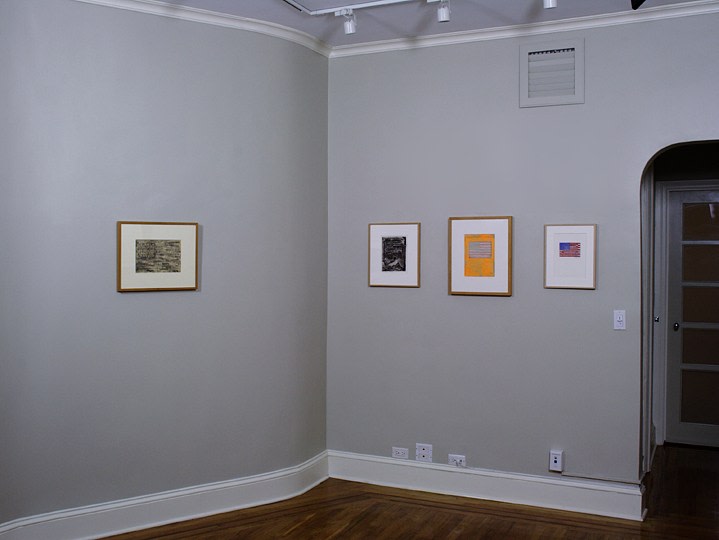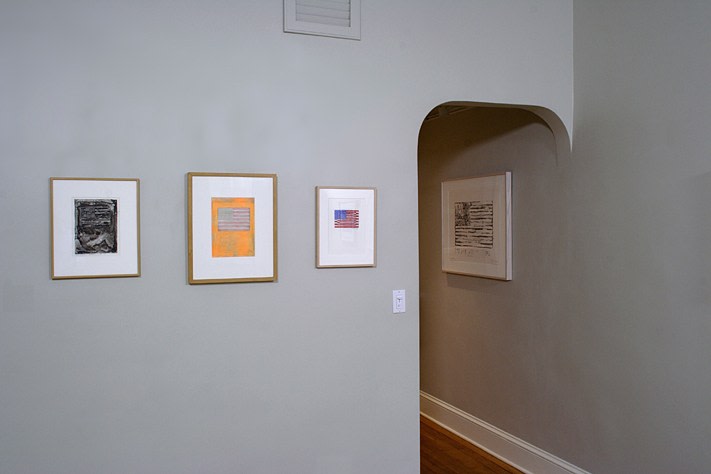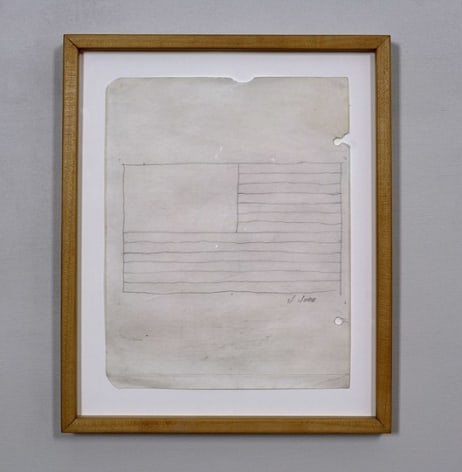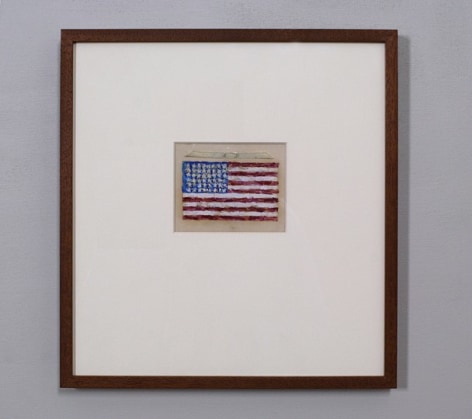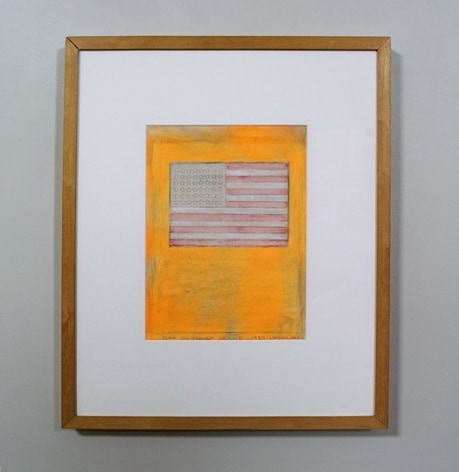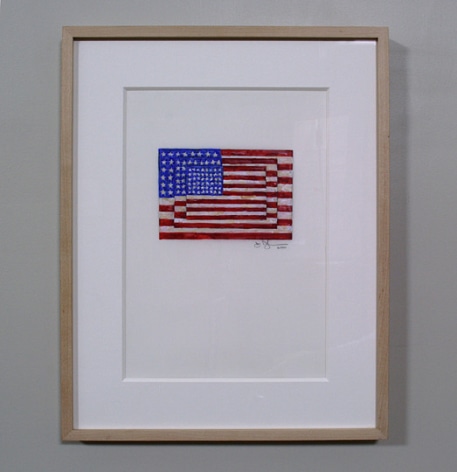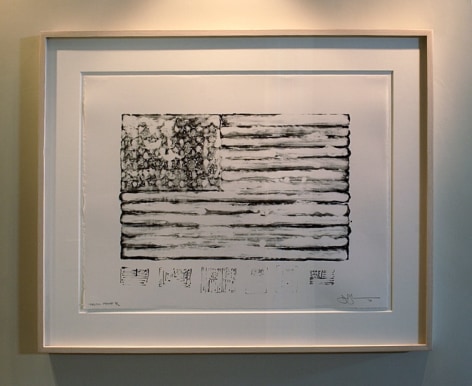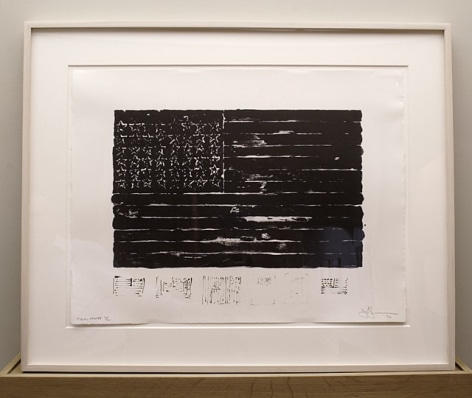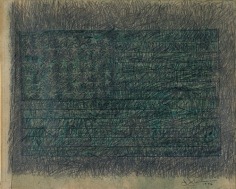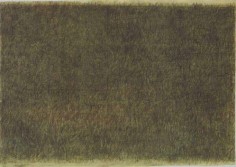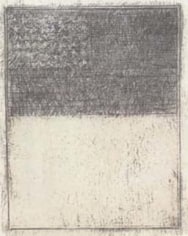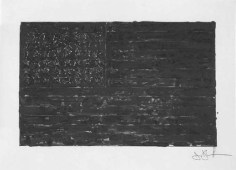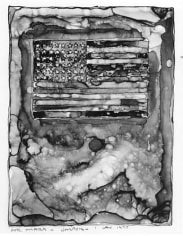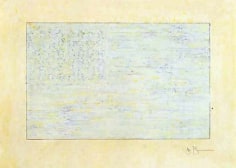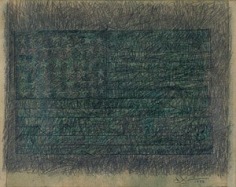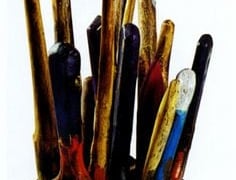
NEW YORK – Renowned artist Jasper Johns is the subject of Craig F. Starr Associates upcoming show, Jasper Johns Flag Drawings. The 5-week show opens October 7 and features the iconic Jasper Johns image of the American Flag, a motif the artist has explored in numerous compositions and media during his long career. The exhibition focuses on drawings from the 1950's to the 1980's, from the collection of the artist and other private collections. This is a special opportunity to view these rarely seen works, including several that have never before been exhibited.
Johns has said his idea to paint the flag came to him in a dream in 1954. For the next several years, he painted not only flags, but targets, maps, and stenciled numbers and letters. By painting these inherently two-dimensional images to the edges of the canvas, Johns leads viewers to question whether what we are looking at is a painting of a flag or a flag itself. Johns, along with his friend and fellow artist Robert Rauschenberg, are often considered the earliest “Pop” artists; their subject matter culled from everyday life is suggestive of Pop, but their expressive brushstrokes also show an allegiance to the earlier style of Abstract Expressionism.
“What is most striking about these images is their ability to make the familiar image of the American flag seem somehow new and unfamiliar,” says gallery director Kristy Overman. “The more closely you look, the more the structure of the flag starts to disappear and you find yourself looking at an incredibly expressionistic surface of marks and strokes and smears and dabs.”

